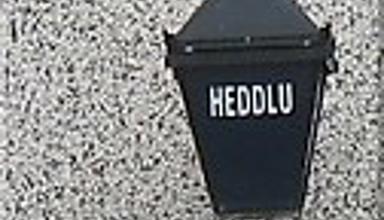Dr Sarah Nason explores the Senedd’s role in administrative justice in two reports completed as part of the Senedd Research Academic Fellowship Scheme.
The administrative justice system is about what we can do and our rights when government and other public body decision-making appears wrong, unfair or unjust. The Commission on Justice in Wales found that the administrative justice system is the part of the justice system most likely to impact on the lives of ordinary people in Wales. The Commission also concluded that Welsh administrative law has already diverged significantly from English law and has the potential to continue diverging more than any other area of law.
Together, these two reports examine the Senedd’s role in administrative justice and how the system as a whole in Wales could be improved. They show how administrative justice has been approached in Wales, and the impact of law making in the Senedd on the system. They also make the case for improving the accessibility of Welsh administrative law and consider how this could be done.
The reports find that Members of the Senedd along with other elected officials are often at the coalface of administrative justice in Wales and that more could be done to support them in this function. The report finds that Members often witness first-hand people’s experiences of poor administration and the difficulties they have navigating the system of complaints and appeals. The reports highlight that Members also see examples of good practice, and should be supported to use these good and bad experiences in both shaping and scrutinising the administrative justice system in Wales.
Read the reports here:
- The Senedd and Administrative Justice (Part 1) Public Administration, Rights, Principles and Administrative Law (PDF, 308KB)
- The Senedd and Administrative Justice (Part 2) Constituency Work, Rederess Design and Oversight (PDF, 457KB)
Article by Dr Sarah Nason, Bangor University
Senedd Research acknowledges the support of Bangor University that enabled Dr Nason to take part in this fellowship.
Dr Nason’s broader ongoing research into administrative justice in Wales is funded by the Nuffield Foundation, but the views expressed are those of the author and not necessarily the Foundation. Visit www.nuffieldfoundation.org.






